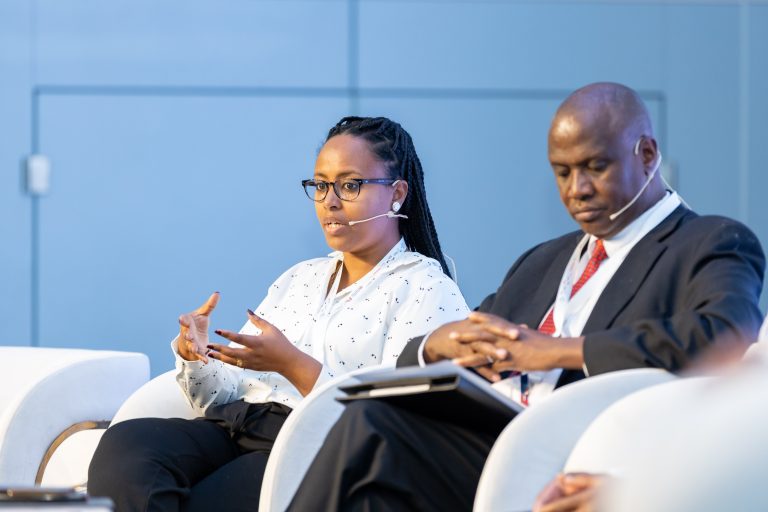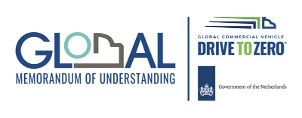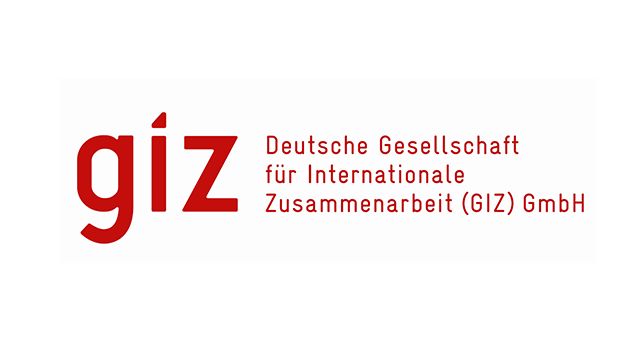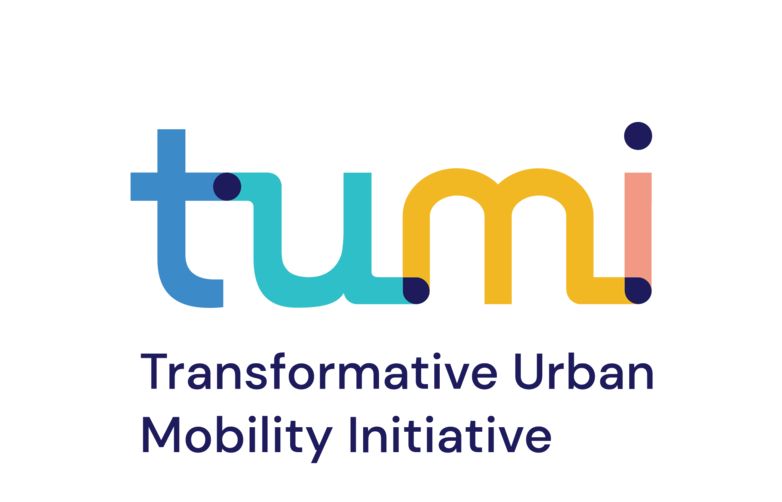This deep-dive policy lab will equip African policymakers with the tools, data, and strategies needed to design and implement Global MOU-aligned supply-side regulations—also known as Electric Vehicle Availability Standards (EVAS).
Structured as a two-session workshop, the lab combines economic modelling, peer-to-peer exchange, and implementation planning. Policymakers will learn how EVAS can unlock significant economic and health benefits, explore how leading markets have advanced supply-side regulation, and begin drafting implementation plans tailored to their national contexts.
Participants will also be able to access free, tailored technical assistance for EVAS implementation through the ZEV Rapid Response Facility (ZEV-RRF) and other supporting initiatives.


 Monday, 12 October 2025
Monday, 12 October 2025 09:30 – 15:30
09:30 – 15:30  UNCC, Addis Ababa, Ethiopia
UNCC, Addis Ababa, Ethiopia



